Have you ever wondered what it’s like to celebrate Easter in Portugal?
Portugal is a country with deep Catholic roots, so a PáscoaEaster is a big celebration here. In fact, it’s probably the second biggest holiday after Christmas. Páscoa marks the remembrance of the death and rebirth of Jesus CristoJesus Christ .
A Time for Family
Easter in Portugal is spent together with family. It is especially significant for godparents and their godchildren:
On this date, godparents get their godchildren a gift, such as:
Food Galore
If you haven’t noticed yet, Portuguese people love food… Obviamente!Obviously!)
Traditional Foods of Easter in Portugal
Easter Sunday lunch is usually celebrated with a traditional meat dish, usually a roast borregolamb or cabrito assadoroasted baby goat , served with roasted potatoes and rice. There is often also leitãosuckling pig at the table.
For a sobremesadessert , the two main choices are pão de ló and folar .
Pão de ló is a very simple sponge cake consisting of LOTS of os ovoseggs , flour, and o açúcarsugar . Simple, but very tasty.
The folar is the traditional Easter cake. Each region of Portugal has its own folar recipe, but the most common one involves flour, sugar, eggs, water, and somecanelacinnamon . In the middle of the cake there is often one (or more) boiled eggs, which represent the resurrection of Jesus. The folar tastes like a subtly sweet bread. Worth a try!
Fasting
On Good Friday, however, most Portuguese people fast from meat. This is out of respect, as Catholics believe Jesus sacrificed his life for us on Good Friday and they refrain from eating meat in his honour. Instead, the Portuguese eat salted bacalhaucodfish and batatas cozidasboiled potatoes .
Treats for the Children
Easter is a fun time for criançaskids , especially when it comes to chocolate. In Portugal, shop windows are filled with colourful amêndoasalmonds that are covered in sugar and chocolate, as well as chocolate eggs and chocolate bunnies wrapped in beautifully coloured paper (usually with a surprise inside for the little ones!)
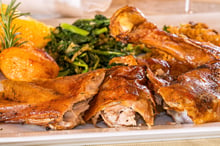
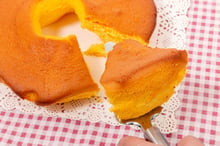
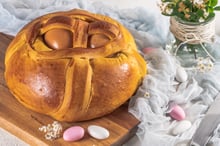
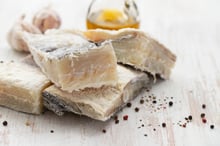

Religious Rituals
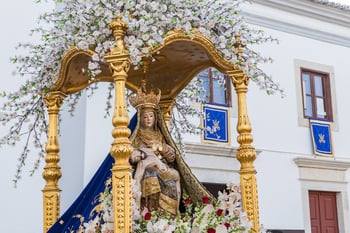
In Portugal, mainly in the rural villages, religious rituals and processions are common. Many Portuguese people start Easter Sunday by going to mass in the morning. However, the Easter festivities actually start a week before Easter on Domingo de RamosPalm Sunday . For that entire week, there are many processions across the country.
Óbidos (not far from Lisboa) attracts thousands of visitors a year. It holds a fantastic torch-lit procession illustrating Jesus’ death. There are also concerts and activities for children.
Castelo de Vide (a little village in the center of Portugal) is also a popular location for devoted Catholics and tourists wanting to get the Easter experience. Here, Catholic traditions are mixed with Jewish ones. On Easter Sunday, there is the blessing of lambs in which shepherds bring their flock to the centre of the town before they go and sell them.
This year sadly, due to COVID-19, it’s impossible to get the full experience of Easter in Portugal, but hopefully once things improve, you can take a trip to Portugal and experience some of the lovely tradiçõestraditions for yourself!
Feliz Páscoa a todos e todas!Happy Easter to all!
Episodes About Easter in Portugal:
Want to learn more about Easter in Portugal? Listen to the Portuguese audio in these Shorties episodes (including the Portuguese/English transcript for members):
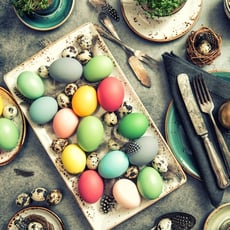
A Páscoa: Easter is widely celebrated in Portugal as a time for the family to get together and enjoy an abundance of delicious food. Learn more about the history of the holiday and how it is observed today.
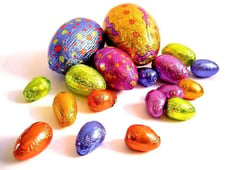
A Páscoa em Portugal: Half Jesus, half chocolate!

Páscoa – Limpeza Anual, Briga de Casal: The Fonseca family is a Portuguese family that celebrates Easter according to the traditional customs. Susana has been cleaning frantically to prepare her house for this special occasion, but not everything will go according to plan.


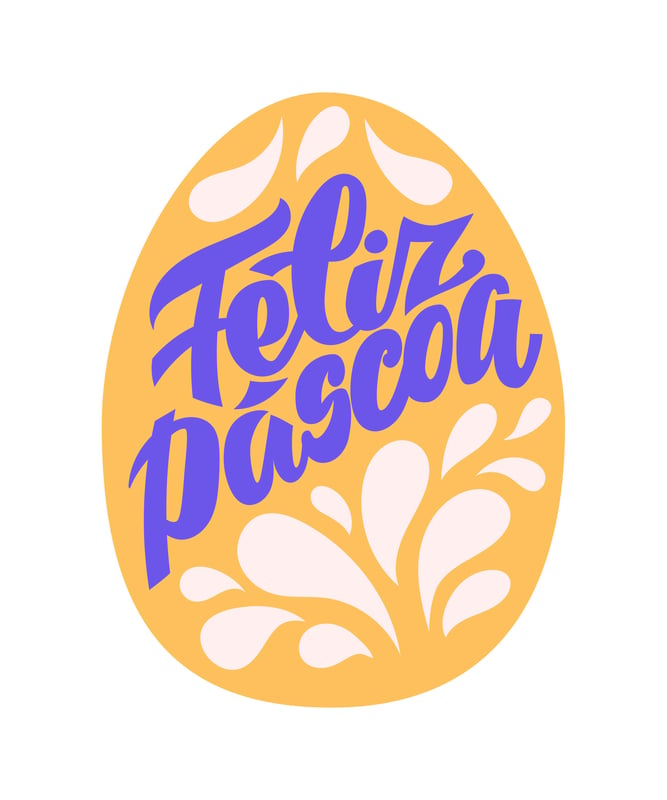



“Half Jesus, half chocolate!” Very funny! I loved it!